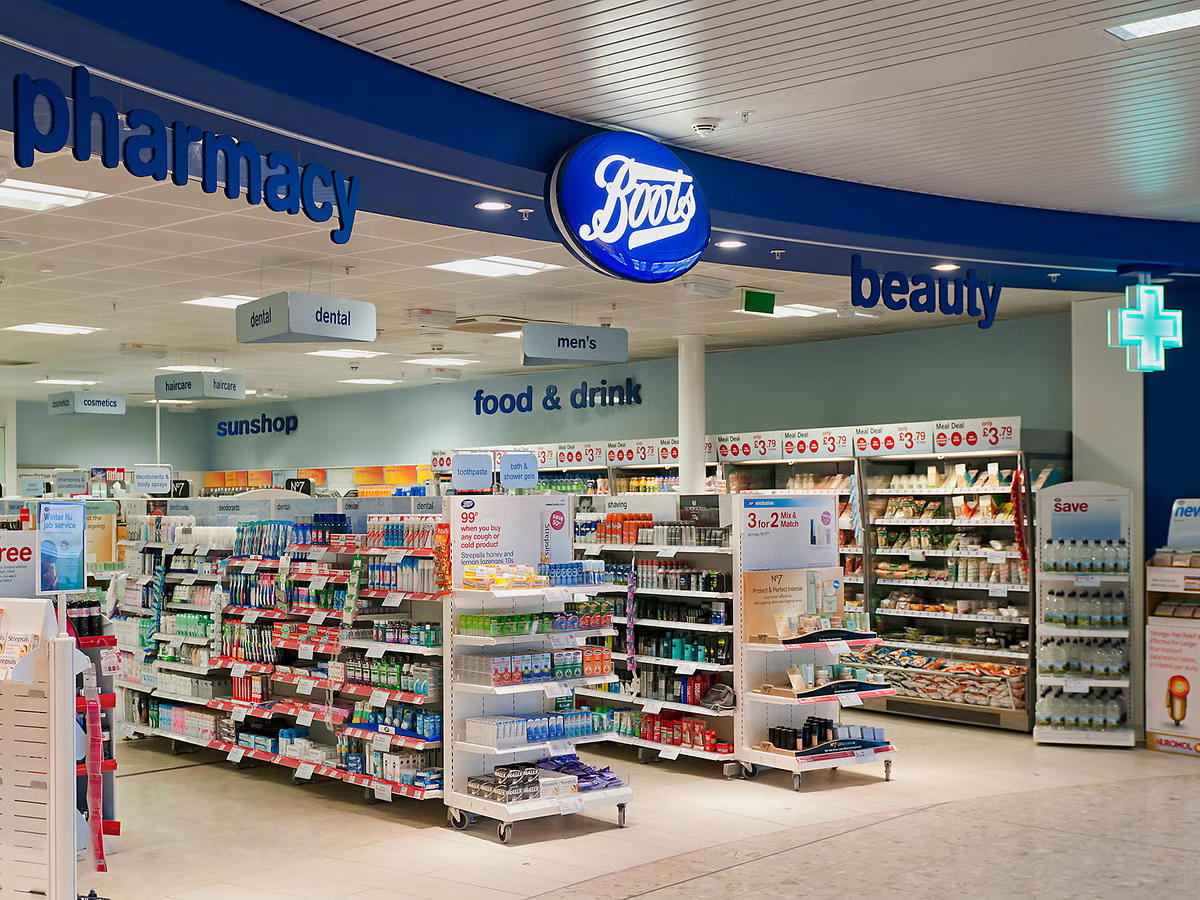The chief executive of Boots, Sebastian James, is set to step down in November following the decision by the chain’s US parent company, Walgreens Boots Alliance (WBA), to once again shelve plans to sell the business.
James, who has led Boots since 2018, will leave to become CEO of Veonet, a private equity-backed chain of ophthalmology clinics, according to Sky News. An official announcement is expected soon, although Boots declined to comment over the weekend.
This decision comes shortly after WBA decided not to pursue a sale or stock market listing for Boots for the second time in two years. A WBA spokesperson stated last week: “While we believe there is significant interest in this business at the right time, Boots’ growth, strategic strength, and cash flow remain key contributors to Walgreens Boots Alliance. We are committed to continuing to invest in Boots UK and to find innovative ways for this business to fulfil its potential.”
James reportedly had an interest in running Boots as a listed company. News of his departure was first reported by Sky News.
When WBA first put Boots up for sale, it struggled to find buyers willing to match its £7 billion-plus price tag. In 2022, it received only one formal joint offer of around £5.5 billion from Indian billionaire Mukesh Ambani’s Reliance Industries and US private equity giant Apollo Global Management.
Over the past year, Boots has closed around 300 stores, with its pharmacy business suffering due to government funding cuts. However, the business saw solid trading this year, with like-for-like sales during the quarter ending in May rising by 6% and 5.8% across its retail and pharmacy operations, respectively.
Despite this, WBA last Thursday slashed its profit forecast for the full financial year, causing the New York-listed firm’s shares to tumble 25% in their biggest one-day drop since 1980. The sale of Boots’ £5 billion pension fund at the end of last year was widely seen as a prelude to the retailer breaking free from Walgreens and potentially returning to public markets. However, Walgreens’ decision to abandon plans for a sale for the second time in two years comes as a significant blow.
Walgreens insists that Boots has benefited from its decade under its ownership, but many stores appear forlorn and outdated, with long queues at pharmacies and slow service. The company has been slow to embrace modern shopping habits, with insiders admitting that until recently, some management team members believed the internet was “a short-lived fad.”
The financial squeeze at Boots dates back to a 2007 takeover by private equity giant KKR and Italian billionaire Stefano Pessina, which turned Boots into a dividend factory, diverting billions away from frontline services.
Walgreens has reportedly extracted more than £1 billion in dividends directly from Boots since taking full control in 2014. Meanwhile, the US company awarded itself more than $5.3 billion in payouts from its UK holding companies before and during the pandemic, despite benefiting from hundreds of millions of pounds in government Covid support.
Walgreens’ shares fell to a 27-year low last week after downgrading its forecasts and announcing more store closures due to waning demand. This prompted its U-turn on selling Boots, which had performed better.
Tim Wentworth, CEO of Walgreens Boots Alliance, told Wall Street analysts: “While we believe there is significant interest in Boots at the right time, its growth, strategic strength, and cash flow remain key contributors to the company.”
James has made some progress during his tenure, closing hundreds of the worst-performing stores and channelling investment into a core estate of 400 larger stores offering beauty and healthcare products. However, many Boots stores in struggling towns and suburbs may not fit this new profile.
Plans to expand into the £30 billion beauty industry are promising, but Boots has only opened one new beauty and skincare emporium, in Battersea. The company’s digital offering has improved, with a faster, more secure website and better payment, search functions, processing, and delivery times, boosting online sales.
However, without James’s energy and direction, the progress risks being short-lived. Finding a replacement for him may be challenging, knowing that Walgreens’ bosses view Boots as a cash machine.
This situation is not just bad news for Boots but for Britain as well. Boots has a storied history, having produced some of the country’s most promising chemists, including the team that invented ibuprofen in the 1960s. It remains one of the few pillars of the high street in many struggling areas, and a rejuvenated Boots could be a significant asset. The fear now is that the chain’s condition will continue to deteriorate.






